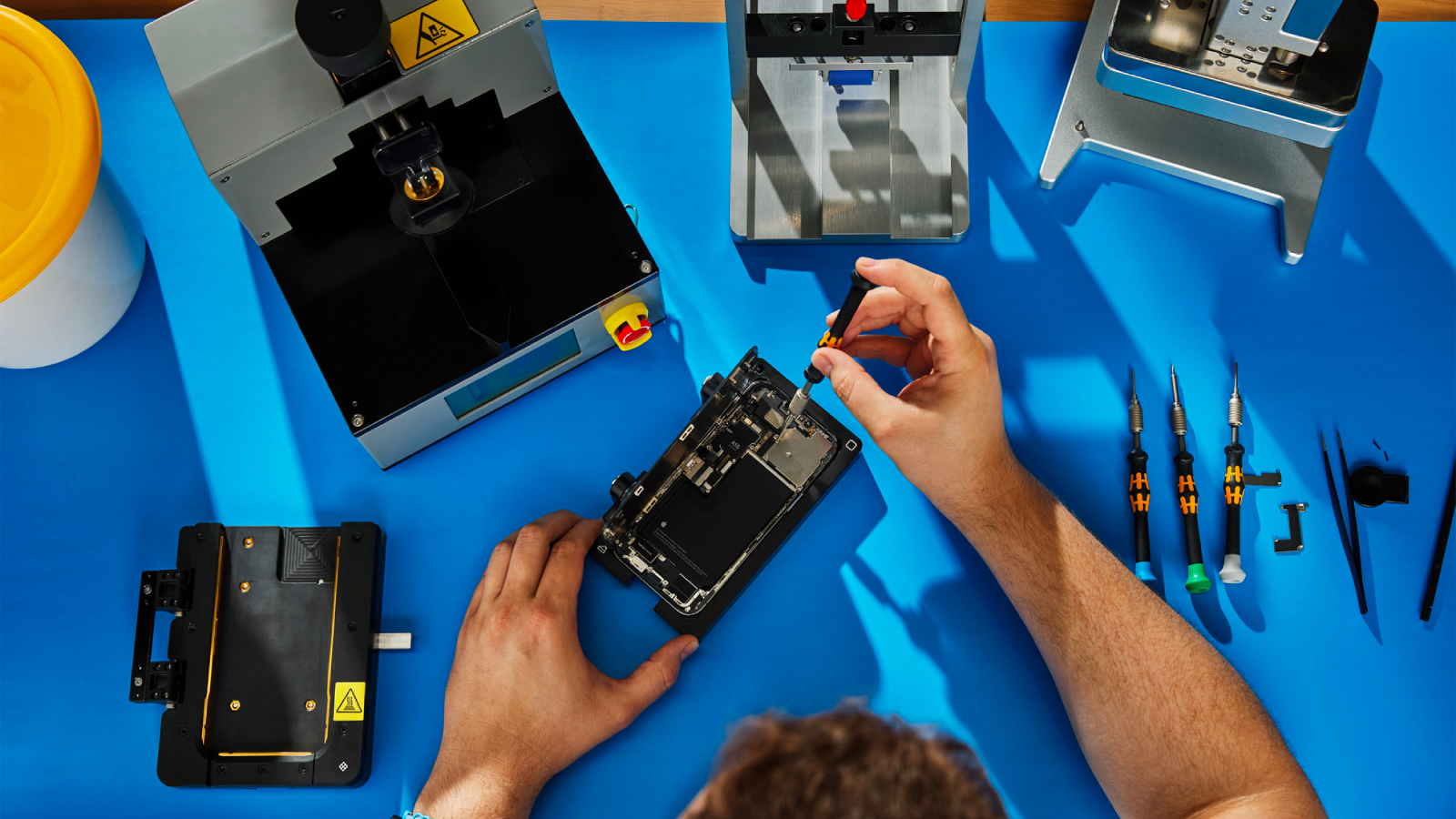
Oregon this week signed a Right to Repair bill into law, and it is notable because it is the first such law that puts a stop to the practice of parts pairing. Manufacturers like Apple are not able to require customers to use Apple-sourced parts that then have to be authenticated, with the bill giving Apple device owners the right to use new parts, used parts, or third-party parts.

Apple has launched repair tools for both independent repair shops and consumers, but repair components must be purchased directly from Apple. Components must be paired with a device serial number after being installed, which prevents unauthorized repairs that use third-party components. The bill states that companies cannot reduce the performance of a device or display misleading warnings for parts that are not properly paired.
According to repair site iFixit, Oregon's Right to Repair law is the strongest that has been passed to date. It does have consumer protections, such as requiring independent repair shops to have a "valid and unexpired certification" ensuring the person doing the repair has the "technical capabilities and competence necessary" to make a successful fix.
The elimination of the parts pairing restriction will allow independent repair shops to make more repairs without having to rely solely on components from Apple.
In addition to preventing manufacturers from requiring components to be free from pairing restrictions, the law requires companies to make parts, tools, documentation, and software available for smartphones produced in 2021 or later. For other electronics like computers, it is applicable to devices produced in 2015 and later.
Apple did not support Oregon's Right to Repair bill, and the company has said that it will result in safety and security issues for consumers. Apple will need to comply with the parts pairing portion of the bill for products made after January 1, 2025.
Article Link: Oregon's New Right to Repair Law Bans 'Parts Pairing' Restrictions


